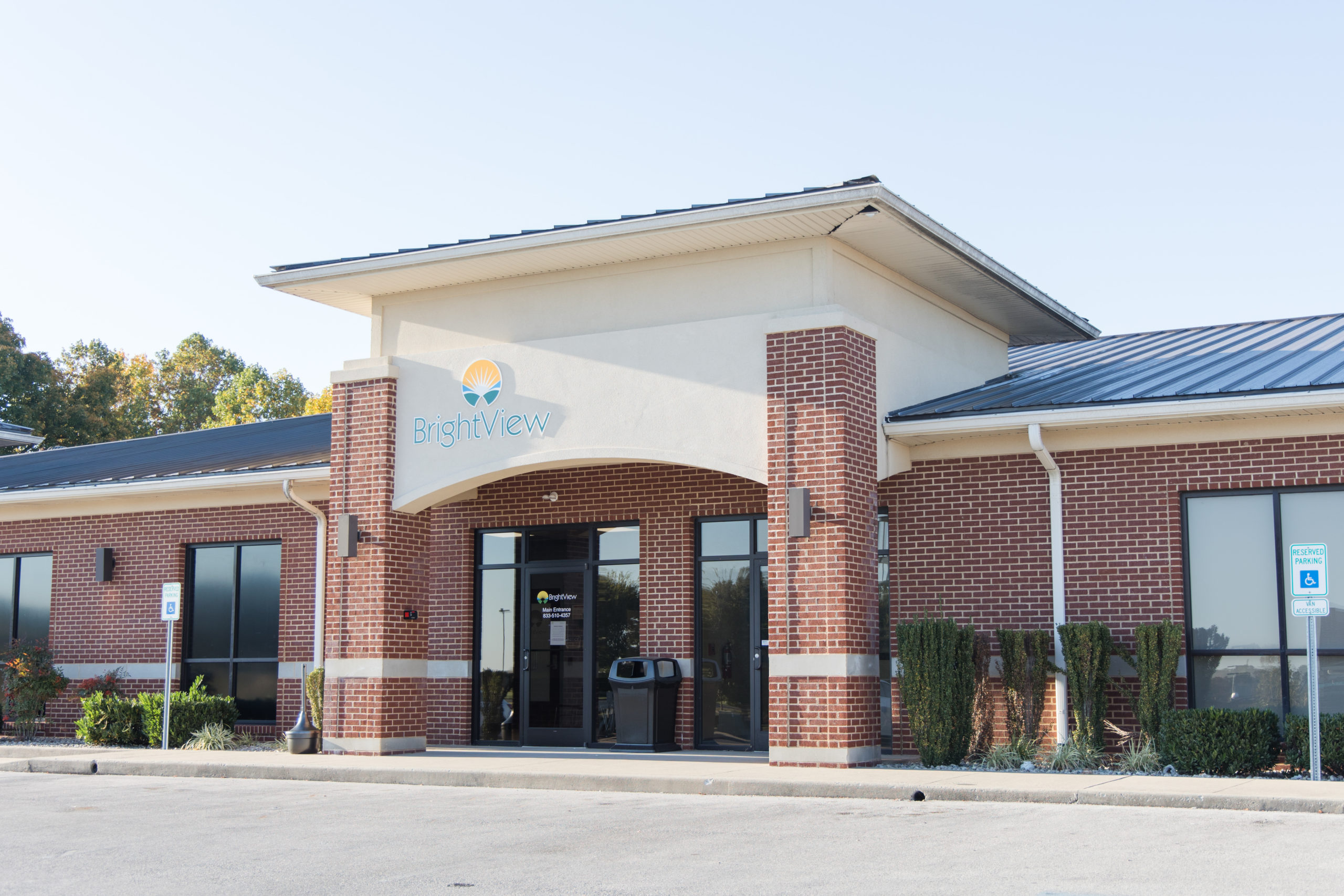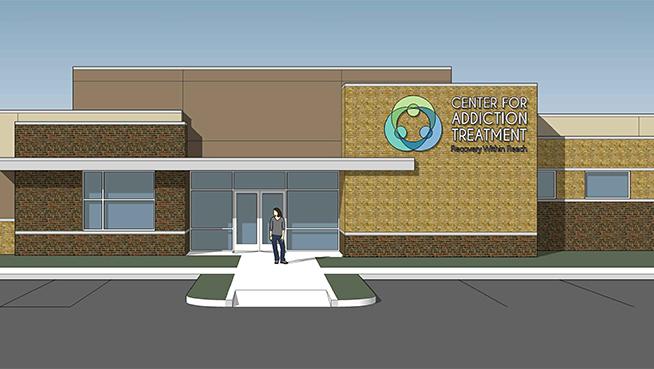Browsing the Journey of Detoxing in the Comprehensive Addiction Therapy Program
Starting the course of detoxing within the framework of a thorough dependency treatment program is a critical stage in the trip towards recuperation. The procedure of detoxing holds a considerable duty in breaking the physical dependence on compounds and preparing the person for the succeeding stages of therapy. Nevertheless, browsing through cleansing is not just an issue of physical cleansing; it entails an intricate interplay of mental, psychological, and social elements that call for careful factor to consider and assistance. As people come to grips with the difficulties of withdrawal symptoms and the unpredictabilities that lie in advance, having an organized plan and a durable support system in position becomes extremely important. In this discussion, we will certainly discover the complex elements of detoxing within the thorough addiction therapy program and dropped light on the crucial parts that shape this transformative journey towards recuperation.
Value of Cleansing in Recovery

Cleansing sets the structure for the remainder of the dependency treatment program by preparing the person for further treatment and therapy. By cleaning the body of substances that have actually been clouding judgment and affecting behavior, detox makes it possible for individuals to approach their healing with a more clear mind and stronger focus.
Moreover, detoxing aids in managing the possibly serious withdrawal signs and symptoms that may arise when medication or alcohol use is quit. Physician closely monitor patients throughout detox to guarantee their security and give required support. Through this procedure, people can begin their journey towards soberness with a maintained psychological and physical state, enhancing the possibility of a successful recuperation.
Understanding the Detoxification Process
Detoxing, an essential element of addiction treatment programs, involves a structured procedure targeted at safely getting rid of harmful substances from the body to promote an effective healing journey. The detox process typically begins with an examination to analyze the person's substance use background, physical wellness, and psychological well-being. This analysis assists health care experts identify the most appropriate detoxification plan customized to the individual's requirements.
During detoxification, the body goes through withdrawal as it adapts to the absence of the compound. Withdrawal signs and symptoms vary depending upon the kind of compound made use of, the period of use, and private aspects. Clinical guidance throughout detoxification is vital to take care of withdrawal signs and symptoms and ensure the person's security and convenience.

Handling Withdrawal Signs

Medications may be used to reduce particular withdrawal signs and minimize pain. For instance, medicines like methadone or buprenorphine can help take care of opioid withdrawal signs and symptoms, while benzodiazepines might home be made use of for alcohol withdrawal. It is vital for doctor to very carefully check the person's response to these drugs to ensure their safety and effectiveness.
In enhancement to pharmacological interventions, supportive treatments such as counseling, peer support groups, and holistic techniques like mindfulness meditation or yoga exercise can assist people cope with the emotional and psychological obstacles of withdrawal. By attending to withdrawal symptoms comprehensively, doctor can improve the detoxing experience and support individuals on their trip to healing.

Support Systems During Detoxification
Support group play an essential function in providing social and psychological assistance to individuals undertaking detoxification in dependency therapy programs. During the detoxification procedure, individuals commonly experience a variety of emotional and physical withdrawal symptoms, making this stage difficult - Addiction Treatment Center. Having a solid support group in location can dramatically affect the individual's capacity to browse via detox efficiently
Family participants, good friends, support system, and health care professionals are vital elements of the support system. Household buddies and participants can offer encouragement, understanding, and a sense of belonging during this difficult time. Support teams supply a platform for people to connect with others who are undergoing similar experiences, offering a feeling of area and shared understanding. Medical care experts, including counselors, doctors, and therapists, play an important role in checking the individual's progress, offering medical assistance, and providing advice throughout the detox process.
Looking Ahead: Life After Detox
Having efficiently finished the detoxification phase, people in dependency treatment programs currently focus on getting ready for the obstacles and chances that lie ahead in their journey towards recovery. Life after detoxification marks a crucial transition period where individuals must remain to develop on the progression made during detoxification to maintain their soberness. It is important for people to acknowledge that the journey in the direction of recuperation is recurring and needs commitment, dedication, and a readiness to embrace adjustment.
One key element of life after detox is the advancement of dealing mechanisms to manage triggers and desires that may emerge. This may entail discovering brand-new abilities, such as mindfulness techniques, cognitive-behavioral strategies, and stress and anxiety management approaches, to navigate difficult scenarios without resorting to compound use. Additionally, individuals are motivated to proactively involve in continuous treatment, support system, and aftercare programs to strengthen their support network and obtain support as they browse the intricacies of life post-detox.
Final Thought
Comprehending the detoxification procedure and managing withdrawal signs and symptoms are crucial actions towards healing. It is vital to acknowledge the importance of detox in the procedure of overcoming dependency and relocating in the direction of a life of soberness.
Medical supervision during detox is critical to manage withdrawal signs and ensure the person's security and comfort.
By comprehending the detox process and its relevance in breaking the cycle of addiction, people can get started on a path towards lasting recovery.
Throughout the detox procedure, people usually experience an array of mental and physical withdrawal signs, making this stage tough. Health care specialists, including doctors, specialists, and therapists, play an important function in checking the individual's progression, giving medical support, and using advice throughout the detoxification procedure.
Life after detoxification notes a critical shift period where people should proceed to build on the progression made throughout detoxification to keep their soberness.